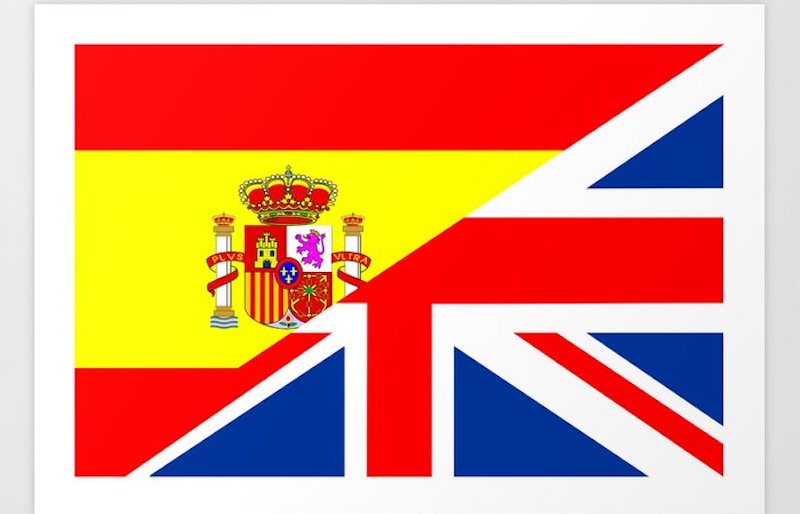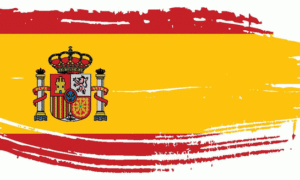(Editor’s note: This post on Spain’s non-lucrative visa is the first of a series that will include information about working visas, investment visas and other long-term residence visas.)
If you are a British passport holder, the days of simply “rocking up” in another European Union country with only your suitcase and dreams in tow, intending to settle down, are almost at an end. Thirty-one December 2020 marks the end of the Brexit transition, unless, of course, there is a major U-turn by the United Kingdom’s government.
Many people are still in denial even at this late stage, and so often I’ll see comments on social media along the lines of, “Nothing will change; the Spanish won’t allow it because without ‘the British’ the economy will be destroyed.”
It will happen; Brexit is happening and so if you intend to move to Spain, for example, you need to understand what the requirements are after 31 December 2020. As citizens from a country outside of the EU, anyone from the UK likely will have to apply using the visa regime that is already in place, and so where to begin …
NON-LUCRATIVE VISA
The greatest number of enquires we get on our Facebook expat community pages are from people either retired or approaching retirement. So, let us assume you are not intending to work when you arrive in Spain. That covers anyone thinking of retiring to Spain, as well as those under retirement age who have sufficient funds to support themselves without having to work.
A joint application for Spain’s non-lucrative visa means you, your spouse, and your children will be able to reside in Spain. All you need to do is demonstrate that you have sufficient funds to cover your family’s stay – easy as long as you can prove you have four times the current year’s IPREMA (see below).
The visa is for an initial period of one year, renewable every two years and after five years you can apply for permanent residency. You will not be able to work, but you will – for example – be able to continue with work/business activities in another country, so it’s ideal for anyone who intends to work remotely.
Remember, you will NOT be able to work in Spain, you will also NOT have recourse to public funds and you will NOT have access to the health service. Put simply, the government will NOT pay towards your maintenance whilst you reside in Spain.
IPREM and income requirements

IPREM is the income indicator used as a reference for the granting of aid, subsidies or unemployment benefit. It was introduced in 2004 to replace the salario minimo interprofesional as the reference point. It’s important, because to obtain a non-lucrative visa, you need to prove that you have four times the IPREM going into your bank account annually.
2020 you can see that the IPREM is set at 537.84 euros per month or 6.454 euros per year. This means the applicant requires a minimum income of 25,816 euros (6,454 euros x 12). If you also intend for your spouse to join you, they and every other individual on the application would need an additional 6.454 euros or 100 percent of the annual IPREM.
A family of four would therefore need a minimum of 45,180 euros, and I stress minimum because submitting an application with only the bare minimum is not advisable and is likely to be an excuse for rejection.
Private Medical Insurance PMI
A Non-Lucrative Visa doesn’t allow access to the Spanish health service, so you will need PMI that covers everything, including pre-conditions. There should be no co-payments, essentially the amount over insurance coverage you pay each time you require a consultation or treatment.
Applying
And so you can see the conditions for obtaining a visa are not inconsiderable. However, if you are ready to press ahead, what do you need to apply?
Checklist
• Application form for a National Visa
• Form EX-01
• Bank Statements
• PMI
• Photos 3 x 4cm
• Passport
• Medical Certificate, to certify you do not suffer from any recognisable disease that would prevent entry into the country.
• Criminal Record Background Check, issued in your country of origin, translated and legalised (apostille).
The official government site is a great place to find the necessary
documents and further information.
I have always been of the opinion that where possible you should do the application process yourself. However, having been through visa applications myself and especially here in Spain where local knowledge is so important, I’d recommend seeking professional advice before submitting anything yourself.
Also, please visit our “Moving to and Living in Spain” Facebook community.

About the author:
Irina Greensitt is from the far eastern city of Khabarovsk in Russia, but lived in the United Kingdom for seven years before moving to Spain in 2014 with her husband and two young children.
Irina now runs an internet business and lists walking, travel and sailing (passing her skipper’s exam in 2016) amongst her hobbies. If you are in Granada and need direction, feel free to drop her a line. See her Facebook consulting page here.
See all of Irina’s posts here.
See more from Dispatches’ Spain archive here.














